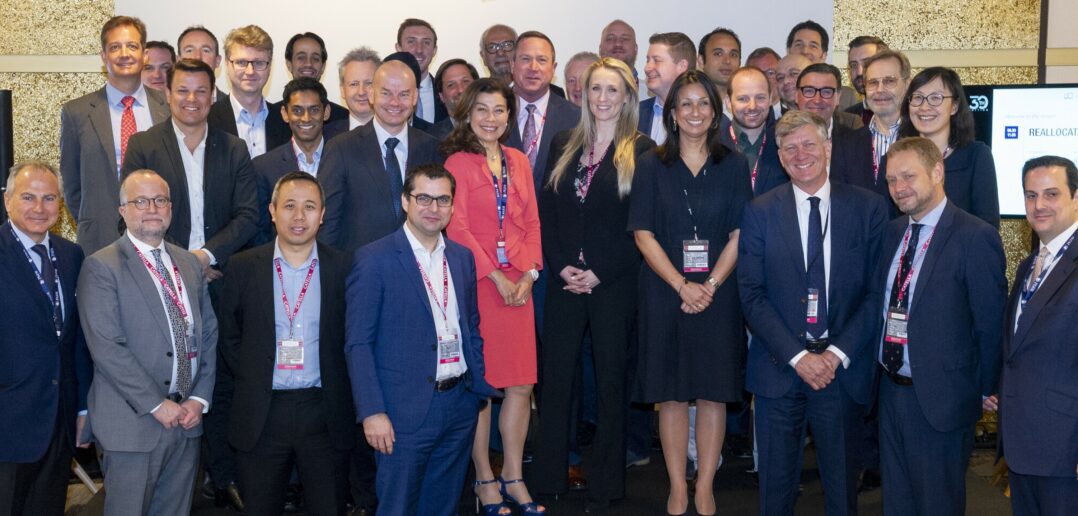The meeting kicked off with Charles Hector, Senior Partner at Control Risks, who summarised the top five geopolitical risks facing investors today. First was the US-China trade dispute, a geopolitical dynamic which is looking to define 2019. Then there was data, and the difficulties associated with staying compliant in the face of differing regulations around the world. The American political gridlock; the extremes of weather and the difficulties associated with risk assessing and forward proofing assets for climate change; and the fact that borders are back (Brexit being a prime example) completed the five risks inherent in our geo-political landscape in 2019.
In the context of these five risks, Tom Carr, Head of Private Debt Products for Prequin, the alternatives data and research firm, discussed what we can expect in 2019 for alternatives, an immensely growing asset class that has increased more than threefold in the past decade to $9.5 trillion, with $909 billion in real estate alone. He saw more successful capital deployment in 2018 compared to previous years, with an increase of investment into opportunistic and value-add strategies, and debt, but overall slightly lower capital raising. He is also seeing evidence of the much-discussed consolidation of capital, with capital flowing more readily to established managers than newer firms.
A recurrent theme at MIPIM this year is how late we are in the cycle, and Tom compounded this with his research that two-thirds of investors think we are at peak, and a third expect their portfolios’ performance to decline versus previous years. However, given the solid performance of real estate over the past several years, this is not cause for alarm; further, Prequin’s research suggests that there will be significant growth in real estate assets under management – by about 50% – over the next five years, so despite where we are in the cycle, it looks like real estate is in a good place.

Charles Hecker – Key Note Speaker
These sentiments led to more in-depth discussions in a panel, moderated by Peter Hayes, Global Head of Investment Research at PGIM Real Estate, about the whether these large, macro risks are those in which investors are currently focused. And while these are important, particularly relative to future proofing assets against climate change, other challenges such as the aging population and high asset pricing are top of investors’ minds. But the themes that particularly resonated with the room were ESG and impact investing.
The panel considered the responsibility that investors have to our environment and our communities, and how investing to achieve positive outcomes for the environment and communities is becoming increasingly important. The panel agreed that impact investing and its dual objective to achieve financial revenue and a positive social impact is gaining traction – and as millennials become the decision makers – is a trend that will only increase.
This article was provided by MIPIM partner PGIM Real Estate. Thanks to them!



